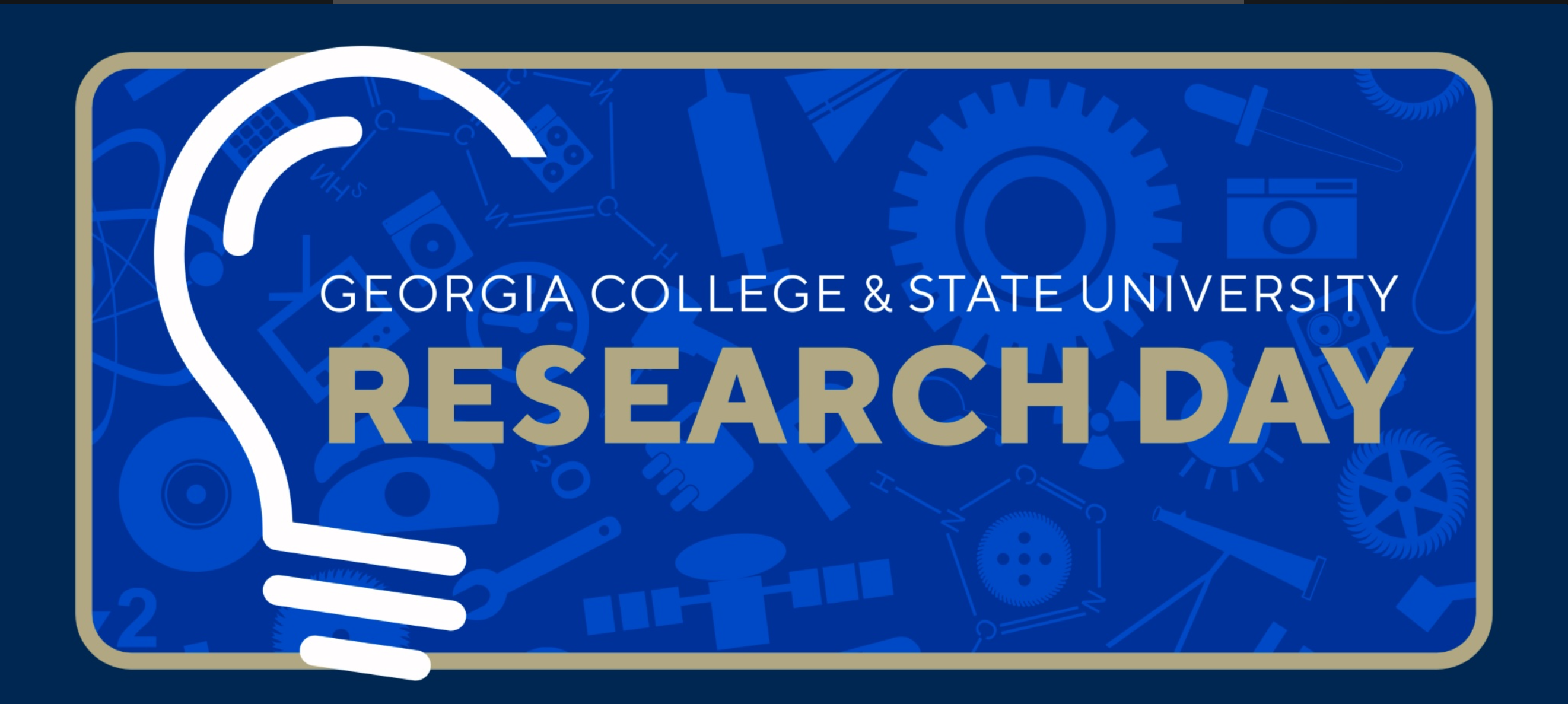The United States Ever Changing Political Ideology and Educational Divide
Faculty Mentor(s) Name(s)
Dr Min Kim
Abstract
This research paper explores the interplay among Americans' education levels, political party affiliations, while controlling for demographic factors such as race, age, and gender. The study aims to investigate how education levels (college-educated and non-college-educated) influence political party affiliation, considering the impact of control variables such as gender, race, and age. Political analysts frequently emphasize voter turnout and voting patterns across various demographic groups, including educated and non-educated Americans. The research holds significance for political campaigns seeking to identify and target specific voting blocs for effective campaigning and advertising strategies. The study contributes to the existing literature by addressing a gap in research conducted by political scientists and scholars on this topic. The research was conducted utilizing the 2023 National Public Opinion Reference Survey (NPORS) dataset sourced from the Pew Research Center to investigate relationships among variables. Methodologically, the study employed various analytical techniques, including frequency tables, crosstabs, bi-variate analysis, chi-square tests, multivariate analysis, and multiple regression. The comprehensive findings reveal a significant relationship between party affiliation and education level, indicating a higher likelihood of college-educated individuals leaning towards the Democratic party. Additionally, the observed relationship exhibited variations across gender, race, and age demographics.
Start Date
27-3-2024 10:20 AM
End Date
27-3-2024 10:28 AM
Location
Arts and Sciences 2-72
The United States Ever Changing Political Ideology and Educational Divide
Arts and Sciences 2-72
This research paper explores the interplay among Americans' education levels, political party affiliations, while controlling for demographic factors such as race, age, and gender. The study aims to investigate how education levels (college-educated and non-college-educated) influence political party affiliation, considering the impact of control variables such as gender, race, and age. Political analysts frequently emphasize voter turnout and voting patterns across various demographic groups, including educated and non-educated Americans. The research holds significance for political campaigns seeking to identify and target specific voting blocs for effective campaigning and advertising strategies. The study contributes to the existing literature by addressing a gap in research conducted by political scientists and scholars on this topic. The research was conducted utilizing the 2023 National Public Opinion Reference Survey (NPORS) dataset sourced from the Pew Research Center to investigate relationships among variables. Methodologically, the study employed various analytical techniques, including frequency tables, crosstabs, bi-variate analysis, chi-square tests, multivariate analysis, and multiple regression. The comprehensive findings reveal a significant relationship between party affiliation and education level, indicating a higher likelihood of college-educated individuals leaning towards the Democratic party. Additionally, the observed relationship exhibited variations across gender, race, and age demographics.


